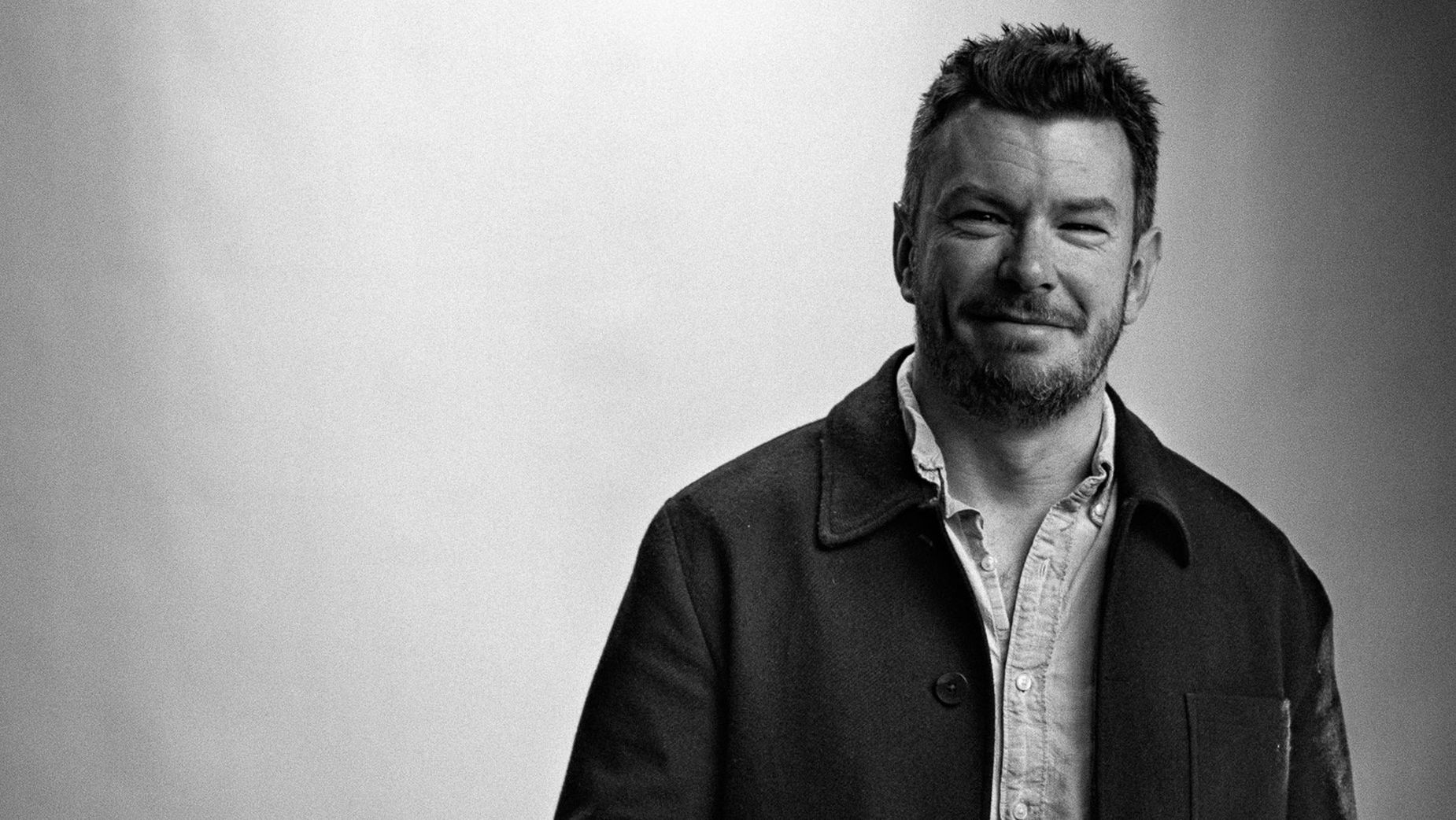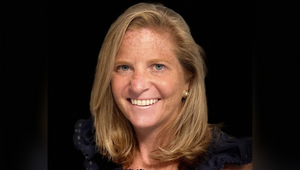
“Every Good Piece of Creative Work Needs a Strategic Engine”

Martin Coomber started out life in advertising in the account management department of Ogilvy London. Eventually, after around four years of dabbling in that realm of the industry, he moved in planning and has never looked back.
It was Ogilvy that gave him his first taste of strategy but VCCP that he eventually found his home. He's been with the agency for more than 10 years now, rising from the role of planner in London to head of strategy for its growing US office in New York.
As part of our Planning for the Best interview series, in which we interview strategists, the deep thinkers of the creative sphere, LBB's Addison Capper chatted with Martin.
LBB> What do you think is the difference between a strategist and a planner? Is there one?
Martin> As I see it, a strategist and a planner are one in the same. People in each role need to fulfil the capabilities of both positions where needed in pursuit of the broader goal: driving results for clients.
LBB> We’re used to hearing about the best creative advertising campaigns, but what’s your favourite historic campaign from a strategic perspective? One that you feel demonstrates great strategy?
Martin> Campaigns come and go. But I can’t think of a historic example that has made such a long lasting impression as American Express Small Business Saturday. What started off as a singular advertising campaign has evolved into a calendar moment that has such a gravity of its own it barely needs advertising.
The genius in the strategy of Small Business Saturday lies in its simplicity and the almost nuclear fission-like nature of value creation that exists at its core. Merchants and customers across the US benefit from what began as a brand marketing effort and now has cemented itself as central to the biggest shopping week of the year. American Express saw a white space in the Black Friday craze and harnessed it. And it all started with a simple business question. How do you fix the perception gap of how widely Amex is among small businesses? The solution? Show how we all benefit when we choose to ‘Shop Small’. Talk about a strategic unlock. The effort shifted consumer perception of American Express, establishing it as an ally to small businesses, creating a business transformation that continues to benefit society.
LBB> What part of your job/the strategic process do you enjoy the most?
Martin> I love being part of the creative process. Every good piece of creative work needs a strategic engine, and the best part of my job is digging for that. That’s what made me want to work in advertising and, more specifically, become a strategist. The reason why I wanted to become a strategist and to work in an advertising agency was to be part of the creative process. To help create work that my mates would talk about down the pub, and that my mum would look at and think ‘that’s clever, or funny, or entertaining’. Sadly, creativity today feels hugely undervalued and over scrutinised, eroded by formulaic media thinking and an over reliance on pre-testing. Moaning about it however won’t help. We need to find a new model to re-establish creativity as an engine for business growth.
LBB> What strategic maxims, frameworks or principles do you find yourself going back to over and over again? Why are they so useful?
Martin> There are many frameworks that I dust off from time to time, but they are all useless if you abandon the central act underpinning each one: listening. Firstly, listen to your clients. I don’t mean just hearing them out. I mean really listen to what they are saying. The more you listen to them, the more you’ll know what they are really asking for, and what the real problem is that they are actually wanting to solve. Second, pay attention to the direction of culture, and listen to the people moving it. What is behind the words? Where are they coming from? Why are they saying what they are? What is motivating them to say that? The closer you listen, the better chance you’ll have to find a real substantive connection and make your clients happy in the process.
LBB> What sort of creatives do you like to work with? As a strategist, what do you want them to do with the information you give them?
Martin> I’m a firm believer in the notion of strategy and creative as interlocked, increasingly so in today’s media environment. People are choosing – and, in fact, now paying – to not watch ads. The things we make can get perceived as unwanted noise that gets in the way of the stuff that people are wanting to enjoy. We will only succeed if strategy and creative collaborate to provide value back to the person scrolling through their phone or bingeing the latest show
For that reason, I’ve always enjoyed working with creatives who are as much strategic thinkers as they are masters of execution. They want to be part of that process, and vice versa. What we bring to each other, however, differs. I want to give them a window into the lives of the people we are trying to speak to and a brief that has a new way of looking at the problem with a big idea at the heart of it. I then want them to excite me with something that I would never have thought of or haven’t seen before.
LBB> What have you found to be the most important consideration in recruiting and nurturing strategic talent?
Martin> My fundamental belief in building a department is that you need to look outward. Diversity shouldn’t be about quotas. Diversity is about creating an environment where different people, from different backgrounds, with different skills, interests, passions and attitudes are able to find new ways to solve problems. That mindset of outwardness is the blueprint to building a mosaic of talent, whereby each individual brings their own special sauce to a collective effort.
Beyond that I believe employees need three fundamental things. If you are truthfully able to provide those, they will hopefully stay a long time. First, autonomy. People need to know that they are ultimately masters of their own destiny and have responsibility. Second, they need to be in an environment where they are feeling like they are learning; crafting their skills and learning new ones. Third, they need a sense of purpose, an understanding of how and why their work matters.
LBB> What advice would you give to anyone considering a career as a strategist/planner?
Martin> Listen.















